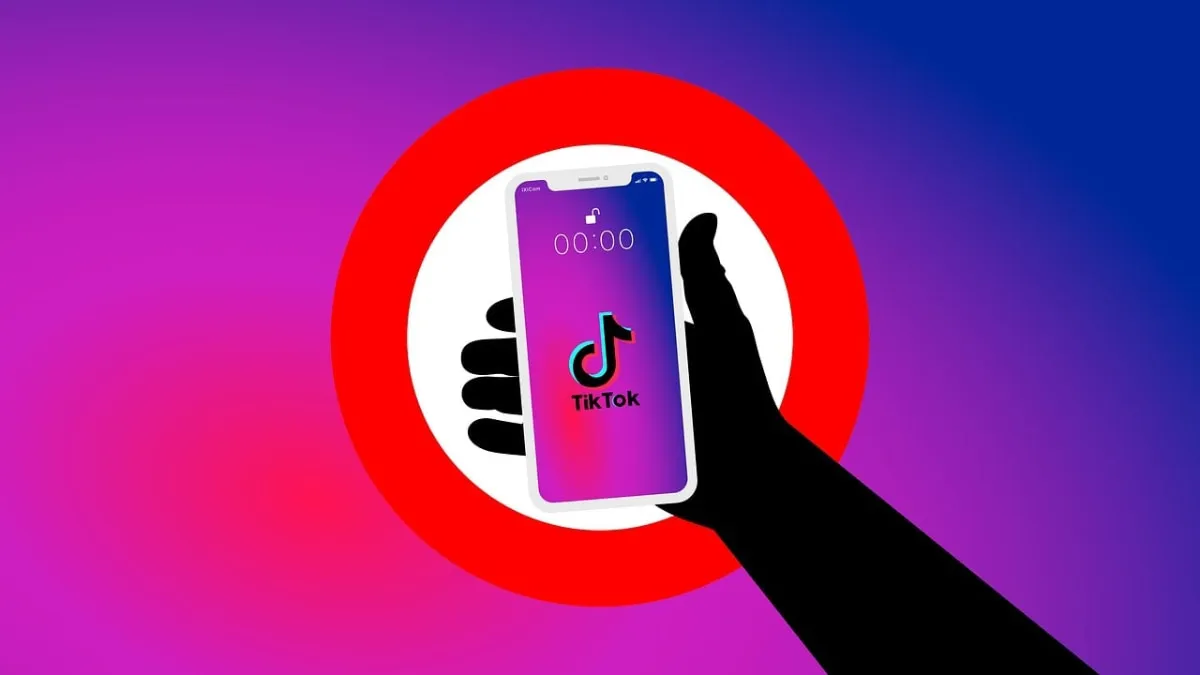Technology and TikTok Ban: A Global Perspective

Technology: TikTok Ban Overview
Canada has taken significant action against TikTok, ordering the closure of its offices in Toronto and Vancouver due to mounting concerns over data security and the potential for foreign influence. This decision underscores the government’s apprehension about data privacy risks posed by the popular Chinese-owned app.
However, the government clarified that Canadians are still permitted to use TikTok on their personal devices, indicating that the ban currently targets the platform’s official presence rather than general access to the app. CBC News reported that Canada’s primary focus lies on security, especially as TikTok’s data practices have raised red flags in other nations.
Growing Global Trend: TikTok Restrictions and Bans
Canada’s move aligns with a growing international trend, as many countries either restrict or have outright banned TikTok, often citing similar privacy and security concerns. Here’s a closer look at TikTok’s global status:
- Afghanistan: The Taliban government banned TikTok in April 2022, stating it “misleads youths.” This aligns with the country’s stringent cultural norms.
- Armenia and Azerbaijan: The app was blocked temporarily during border clashes, with Azerbaijan most recently lifting the ban in October 2023.
- Australia: TikTok has been prohibited on government devices since April 2023, though it remains accessible to the public.
- Austria, Denmark, and the European Union: Several European countries restrict TikTok on government-issued devices, raising concerns about foreign data access and the potential risks posed by China.
- India: India enacted a full ban on TikTok in 2020, citing national security risks following a deadly border clash with China.
- Indonesia: The Indonesian government banned TikTok’s “Shop” feature in October 2023 due to violations of local e-commerce regulations.
- Iran and Pakistan: Both countries have blocked TikTok multiple times, citing moral or social concerns.
- United States: US Congress and the military banned TikTok from official devices.
- Russia: While TikTok remains accessible, Russian users primarily see content from within the country.
- Other countries imposing restrictions include Jordan, Nepal, and Somalia, all citing various safety concerns.
This international landscape shows increasing caution regarding TikTok’s influence, as governments aim to safeguard data privacy and security. Canada’s recent order to close TikTok’s Canadian offices is part of this escalating movement.
This article was prepared using information from open sources in accordance with the principles of Ethical Policy. The editorial team is not responsible for absolute accuracy, as it relies on data from the sources referenced.